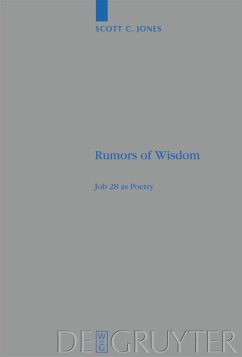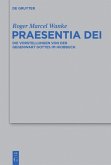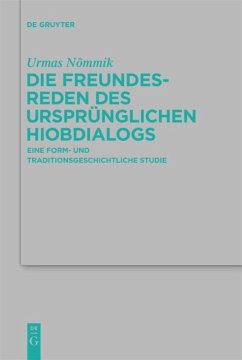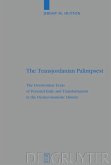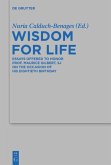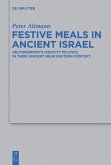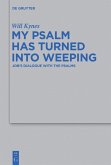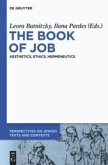Efforts at interpreting Joban poetry have often been divided between philological and literary critics. This study brings these two critical modes together to offer an account of how Job 28 achieves meaning. The heart of the study consists of two major sections. The first is a reading of the poem with special attention to the conceptual background of its metaphors. Rather than a poetic account of mining technology, Job 28 is properly understood against the heroic deeds of ancient Mesopotamian kings described in Sumerian and Akkadian royal narratives, especially the Gilgamesh epic. The second major section is a thorough philological and textual commentary in which comparative philological and text-critical methods are complemented by an aesthetic rationale for restoring the text of the poem as a work of art. The study reveals a multileveled and image-driven masterpiece whose complexity impacts how one reads Job 28 as poetry and theology.
Bitte wählen Sie Ihr Anliegen aus.
Rechnungen
Retourenschein anfordern
Bestellstatus
Storno

